The tax benefits of making pension contributions through your Limited Company
If you’re busy running your own Limited Company, you’ll no doubt be on the lookout for ways in which you’re able to make smart, tax-efficient savings for your future. One of the most powerful ways of doing so is by making pension contributions directly from your company.
Your Client Director is here to assist you in making informed decisions based on your take home needs, whilst building long-term financial security. In this blog we take a closer look at pensions, explain how they work, and the tax advantages they’re able to provide to limited company directors.
1.Company contributions are treated as business expenses
When your limited company makes a direct pension contribution (known as an employers contribution), it’s classed as an allowable business expense. This means that the payment is allowed to be deducted from your Limited Company’s profits prior to the calculation of Corporation Tax.
For example:
If your Limited Company earns *£60,000 profit and makes a £10,000 pension contribution, you’ll only be liable to pay Corporation Tax on the remaining £50,000.
Corporation Tax is currently 19-25% for the 2025/26 tax year (depending on your profit level). Therefore the contribution could provide you with a maximum saving of £2,500.
2.There are no employer or employee NICs on pension contributions
Unlike bonuses or salaries, the pension contributions your company makes are not subject to National Insurance Contributions (NICs), for either the employer or employee. So:
- No 15% Employer NIC
- No 8%+ Employee NIC
This means that you’re able to extract money from your company more efficiently than by paying yourself via additional salary or dividends, which are subject to income tax and dividend tax respectively.
3.Pension contributions are not taxed as personal income
So long as you stay within your personal allowance of £60,000 per tax year (as of the 2025/26 tax year), you personally won’t pay any tax on it (depending on your income).
This is in contrast to:
Salary – which is subject to Income Tax and NICs
Dividends – which attract dividend tax
By using your company to contribute to your pension, you’re effectively moving your company’s profits into your personal pension tax-free.
4. You’re building a tax-efficient retirement fund
Money grows in your pension tax-free, meaning that there’s no Capital Gains Tax or Income Tax on investment returns within the pension. Once you reach the minimum pension access age (currently 55, rising to 57 in 2028), you’re able to start withdrawing:
- 25% tax-free lump sum
- The remaining 75% taxed as income (at your applicable tax rate at the time)
This creates a long-term tax planning opportunity, especially if you’re expecting to be in a lower tax bracket during your retirement.
5. It reduces your company’s Corporation Tax bill
In summary, pension contributions through your Limited Company:
- Reduces your company’s taxable profit
- Lowers your Corporation Tax bill
- Are not subject to National Insurance
- Do not count as personal income for tax purposes
Key considerations before making pension contributions
- Ensure you use a registered pension scheme, such as SIPP or SSAS
- Make sure that contributions are ‘wholly and exclusively’ for business purposes (this is a HMRC requirement)
- Make your pension provider aware that you would like to make an ’employer’ pension contribution
- Be mindful of the annual allowance – contributions above this may incur additional tax
- Make regular contributions or one-off lump sums depending on cashflow
- Speak to a financial adviser for expert pension and investment guidance
How your Client Director can help
We make tax-efficient retirement planning simple for our clients, and your Client Director can:
- Review your company’s profitability and cash flow
- Give advice on how much you’re able to contribute
- Ensure you remain compliant with HMRC
- Suggest a financial adviser that can provide you with expert tailored pension advice
Are you ready to optimise your pension contributions and reduce your tax bill? Get in touch with your Client Director to build a smart financial future for both you and your company.
*If you have personal income of £260k+ or withdrawing down a pension, this limit may be reduced.
Note: All the information and advice in this blog post was correct at the time of writing.







